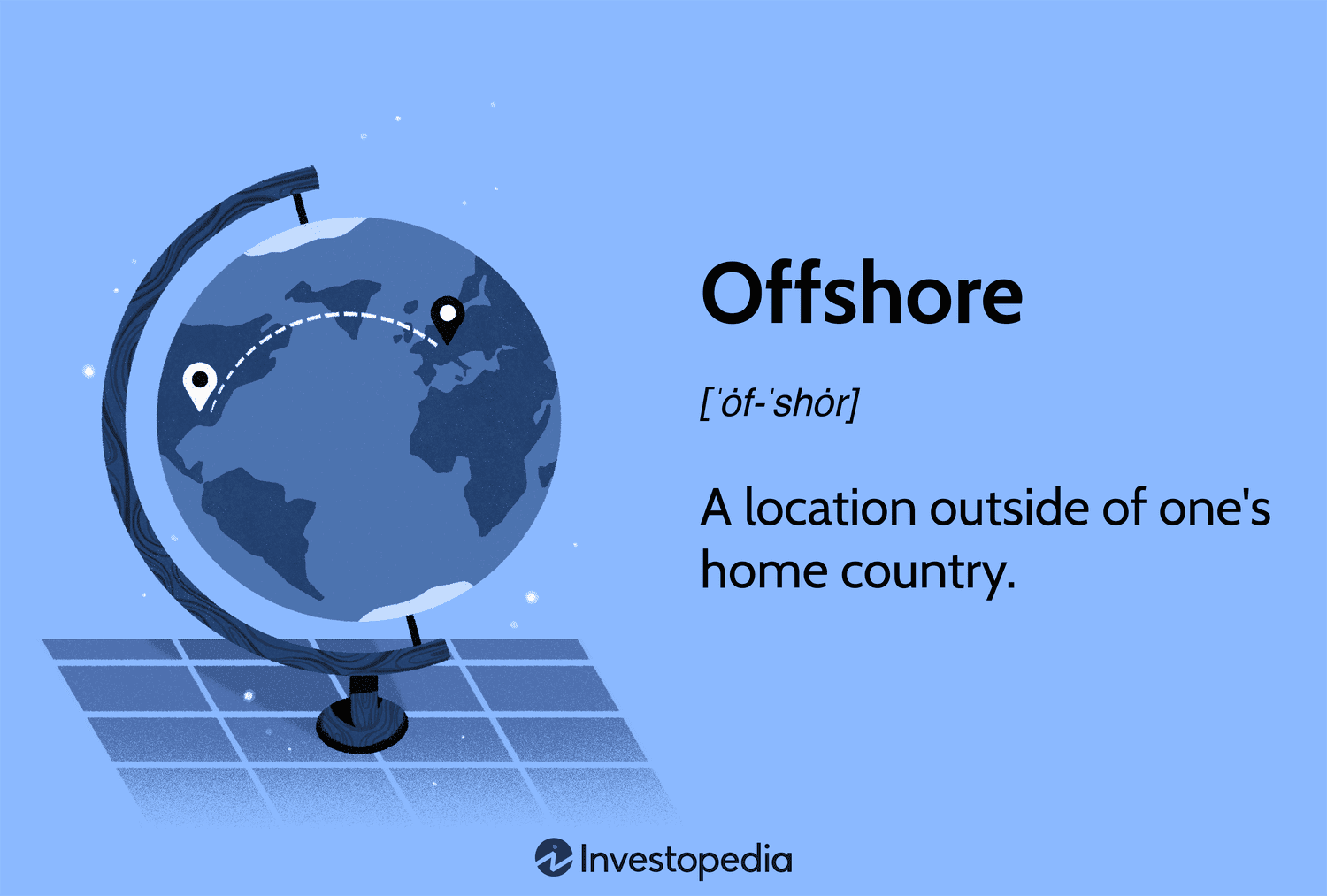
The term ‘offshore’ often appears in the news these days. The reason for that is not the growing popularity of offshore companies. On the contrary, the process of de-offshorization is in full swing and this is why offshore jurisdictions are often mentioned in the mass media. International organizations are combating tax base erosion capital offshoring. However, offshores should not be demonized. They offer efficient mechanisms of asset protection and diversification. Admittedly, these mechanisms have become a bit less attractive over recent years due to the global de-offshorization campaign but registering an offshore company can make good sense anyway.
Usage of the term ‘offshore’
Some people will refer to any company registered in a foreign state as an ‘offshore company’. We are going to use the term in a narrower sense. For us, an offshore jurisdiction has the following characteristics:
- It does not charge any corporate income tax or the tax rate is very low;
- It rigorously protects personal information of beneficial company owners;
- It has lax requirements to reporting and audit;
- It is reluctant to exchange banking information with fiscal authorities of other countries.
Thus, offshore jurisdictions, in our understanding, include Seychelles, British Virgin Islands, Cayman Islands, Marshall Islands, Belize, Antigua and Barbuda, Dominica, and a number of other countries.
Please note that literally, an offshore jurisdiction is an island that sits off the shore of the continent. Belize on the list above sits on the mainland but it is an offshore jurisdiction in the economic sense of the word because it offers the benefits that we have listed.
Legal status of an offshore company
An offshore company has all the essential characteristics of a legal entity:
- It can enter business agreements as a legal person;
- It can own property;
- The company’s property is detached from the personal property of the company owners. If the company makes debts, its owners are not liable for them by their own possessions.
Offshore companies are not taxed in the jurisdiction where they are registered on an important condition. Namely, they have to carry out their business operations only in foreign countries. You might read in some other sources that an offshore company is forbidden to do business in the country of its domiciliation. This is not correct. It is allowed to do business there but it is going to be taxed in this case and the tax rates are going to be substantial.
In many jurisdictions, offshore companies are registered as International Business Companies (IBC). Such companies are free from reporting requirements and they are tax-exempt. You can register an IBC in Seychelles, Bahamas, Belize, Anguilla, Dominica, St. Kitts and Nevis, and a number of other countries.
For instance, the International Business Companies Act 2016 governs the process of company incorporation in Seychelles. It defines the scope of the founders’ authorities, regulates the process of issuing shares as well as other essential processes. An IBC registered in Seychelles has the same legal status as any limited liability company does.
Offshore company corporate structure
Similarly to onshore jurisdictions, the corporate structure of the company is determined by the corporate legislation in offshore jurisdictions. Besides, it is determined by the internal documents of the company such as Memorandum and Articles of Association, company By-laws, and so on. The corporate legislation in offshore jurisdictions is usually very flexible, which allows creating companies of various types.
There are also ready-made offshore companies. This means that instead of creating a new company, you could buy an existing company already registered in an offshore jurisdiction. It saves time but a shell company comes at a price. The price is going to be significant if the shell company has a bank account.
You have to realize that little red tape is involved in registering an offshore company. Liquidating a company is also easier in an offshore jurisdiction than it is on an onshore one. In Seychelles, for example, you can set up a company within 2 to 3 days. In onshore jurisdictions, the process can take several weeks if not months.
Why open an offshore company?
People register offshore companies because they are hardly taxed and because the company ownership information remains highly confidential.
At the same time, an offshore company is a full-fledged legal entity that can carry out the following business operations, among others:
- Carry out any entrepreneurial activities that are not prohibited by law and that do not require a license;
- Sign contracts for provision of services, sale and purchase of various goods, shipment of goods, and so on;
- Purchase property and hold property rights: buy real estate in foreign countries, works of art, ships, bonds, and other financial instruments. Intellectual property rights can also be registered to an offshore company;
- Set up company subsidiaries in the same jurisdiction or on other countries and be a shareholder in other companies;
- Use professional services: hire accountants, attorneys, consultants, and so on.
Corporate taxes for offshore companies
Most offshore companies carry out their business activities outside the countries of their incorporation. This fact allows them to remain tax-exempt in the countries where they are registered.
This does not mean that an offshore company is totally tax-free: it may have to pay the taxes in the country where it conducts business activities and makes profits.
Personal taxes for offshore company owners
Offshore company founders may have to pay the personal income tax in the country of their fiscal residence. This applies if the offshore company owner receives dividends from his/ her offshore company.
Some countries (the USA, Israel, Spain, and others) require that their citizens inform the authorities about incorporating foreign companies. Many states have been introducing Controlled Foreign Corporation (CFC) regulations recently. Under certain conditions, undistributed profit of an offshore company may be qualified as a personal income of its shareholder. This means that it has to be indicated in the tax return and the corresponding tax needs to be paid.
If the CFC regulation apply or not, depends on the country of residence as well as the following factors:
- The level of involvement with the CFC;
- The CFC’s active/ passive income ratio;
- The amount of corporate profit;
- The corporate income tax rate in the country of the CFC incorporation.
It also matters if the foreign country is on the national ‘black list’ of uncooperative jurisdiction and if it complies with the CRS requirements or not.
Conclusion
Today, offshore jurisdictions cannot guarantee 100% confidentiality of the corporate and financial information. They can hardly be referred to as tax havens too. An offshore company may face trouble trying to open a bank account and to make international transactions as the compliance procedures have been toughened. Some national states maintain their own ‘black lists’ of countries and a number of offshore jurisdictions can be found on such lists.
Nevertheless, a great number of giant global corporations still use their offshore-based subsidiaries to save on taxes in a legal way. Even though offshores have lost some of their attractiveness, they have not lost all of it.
Source: Explore





